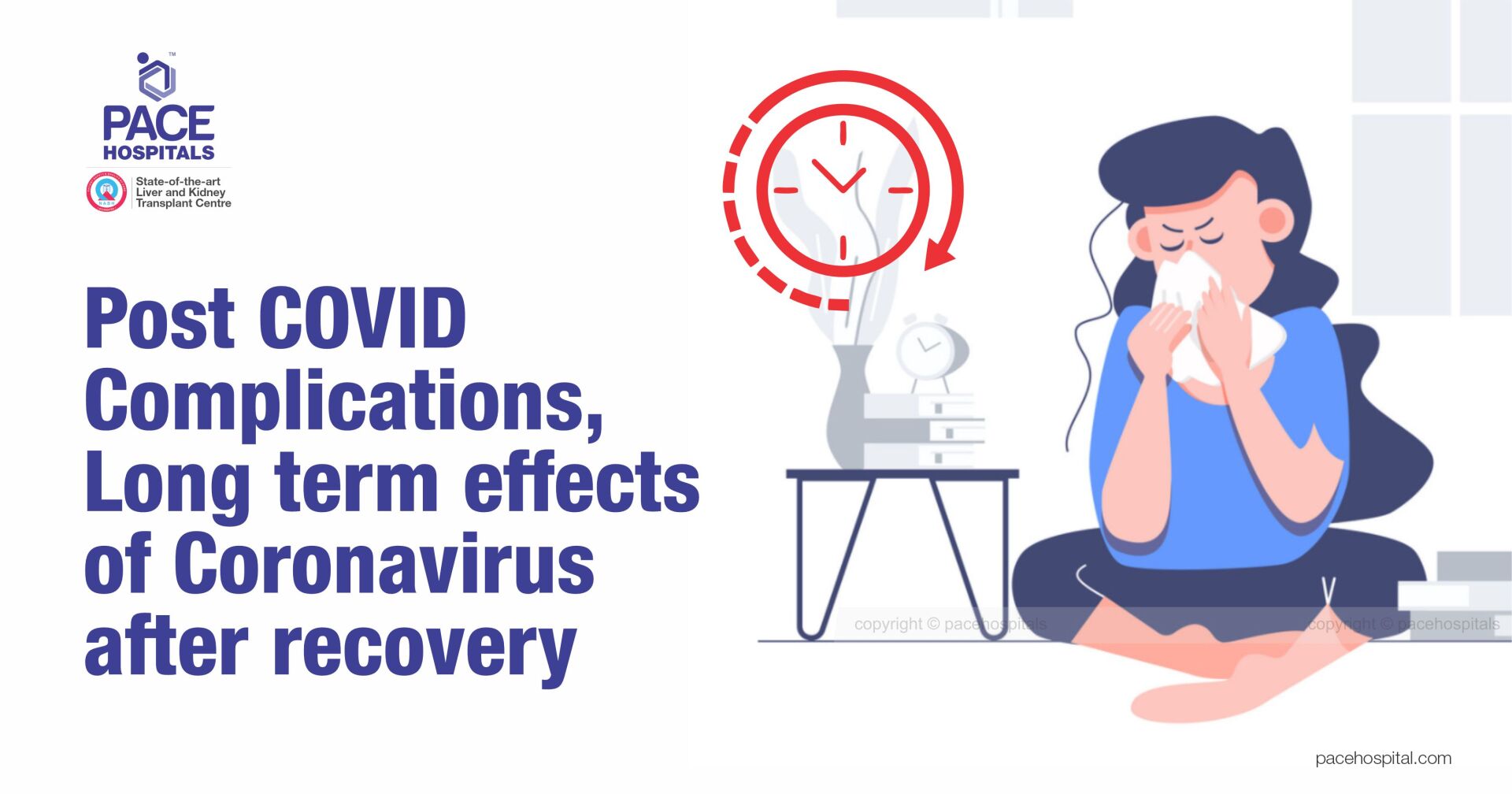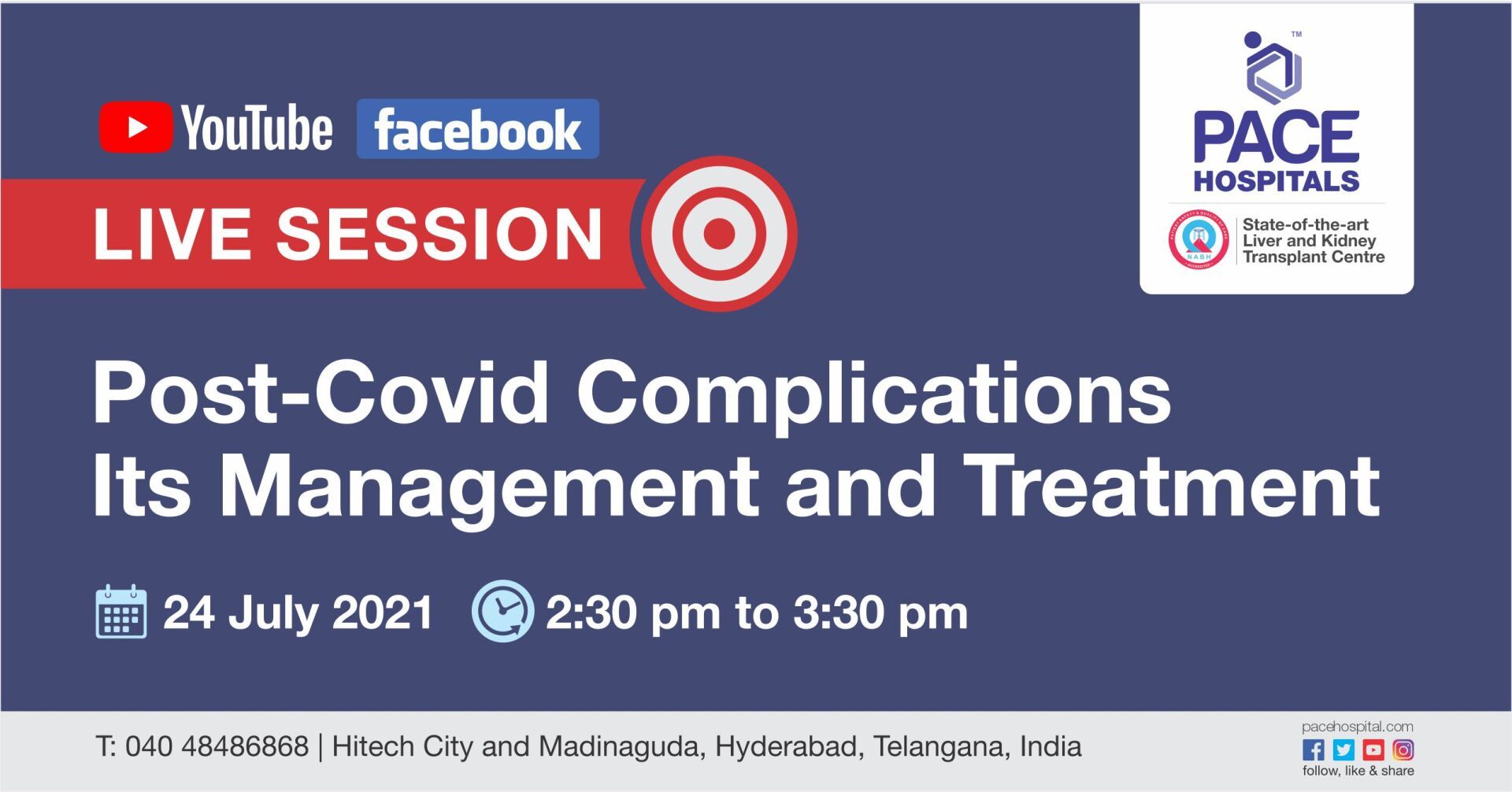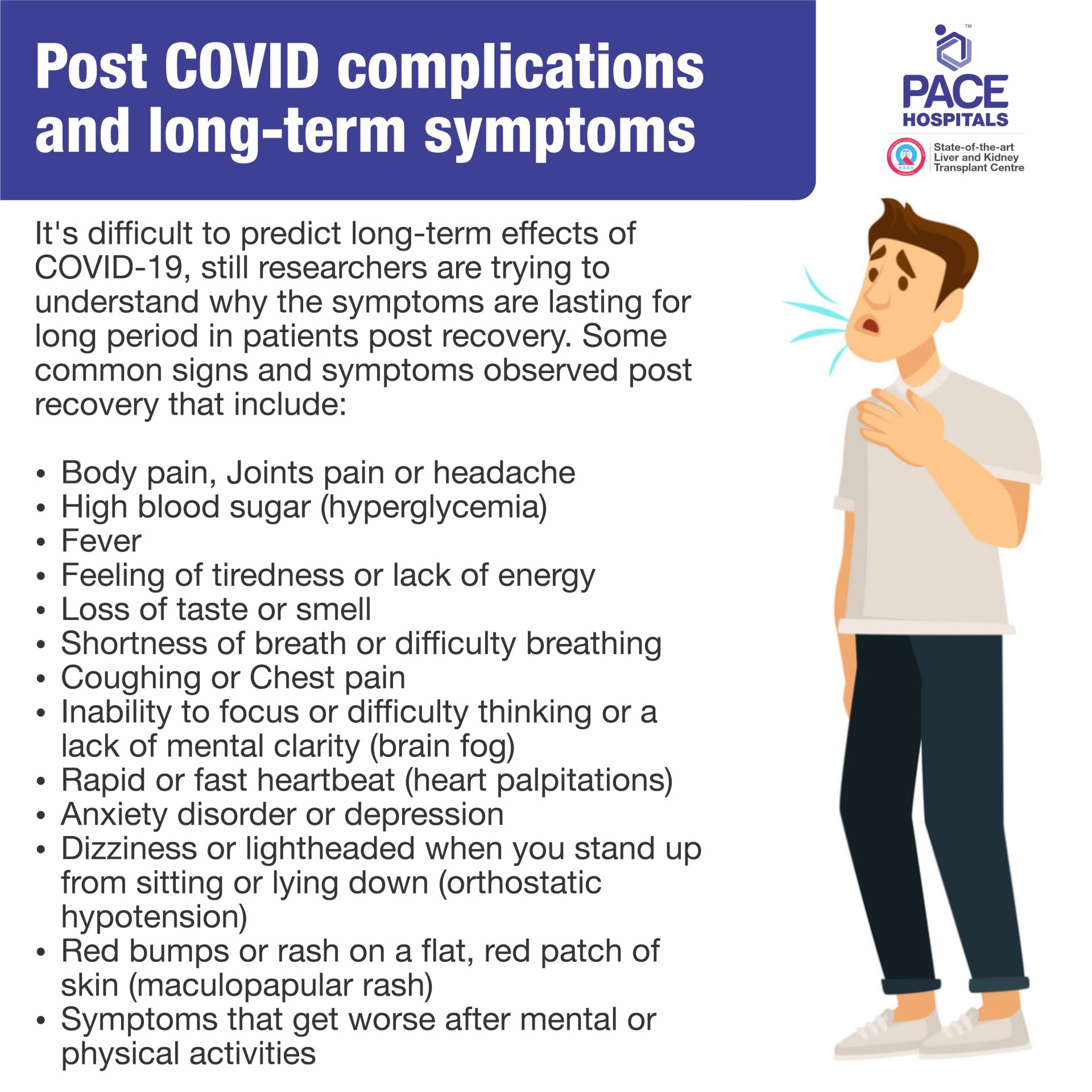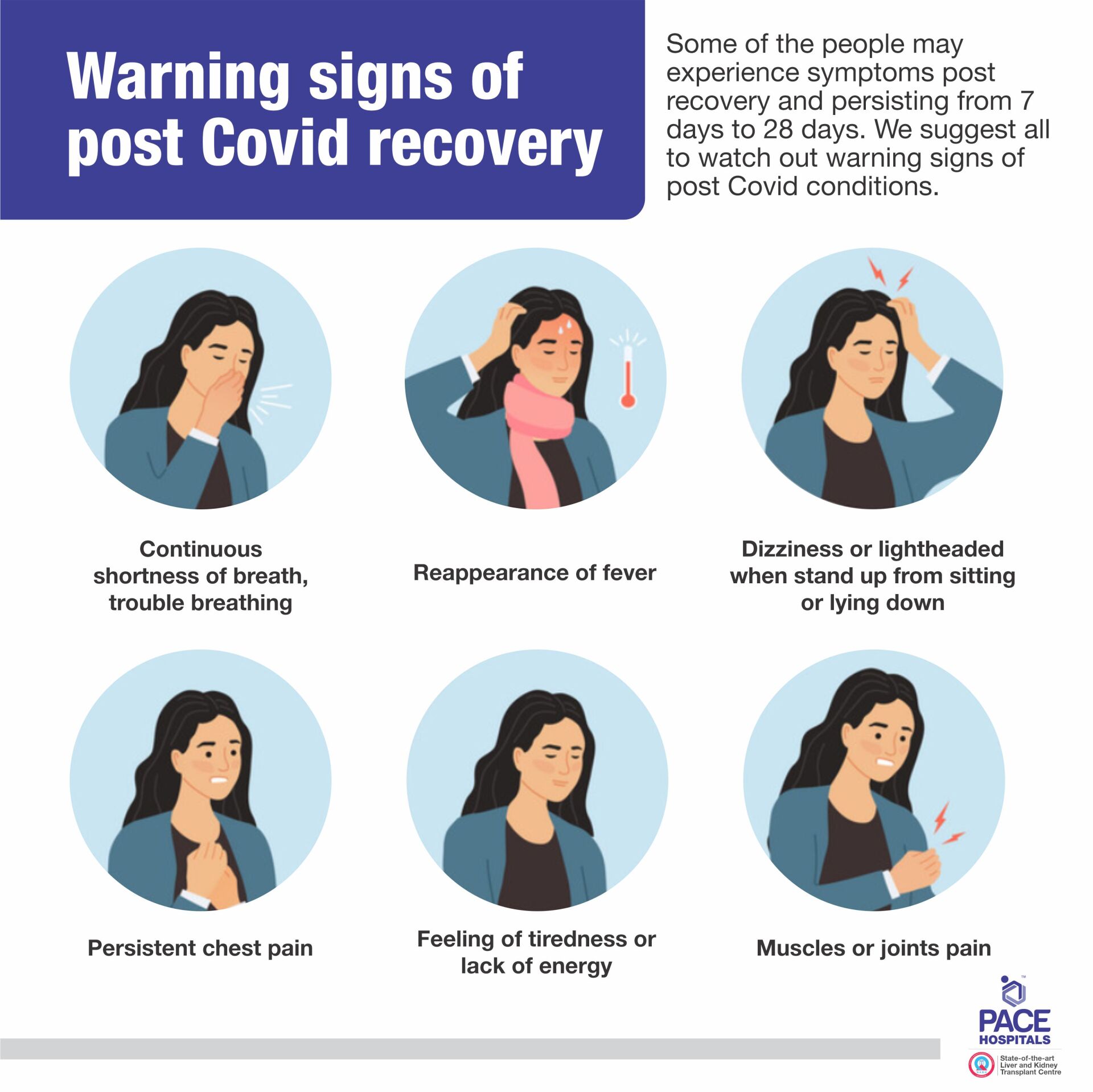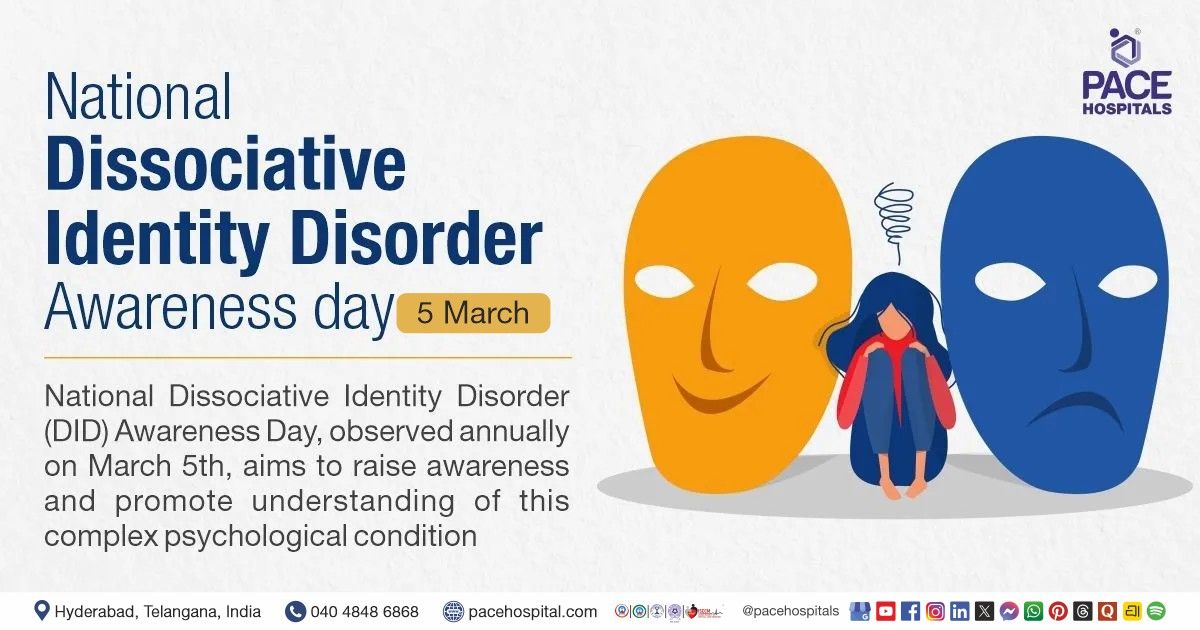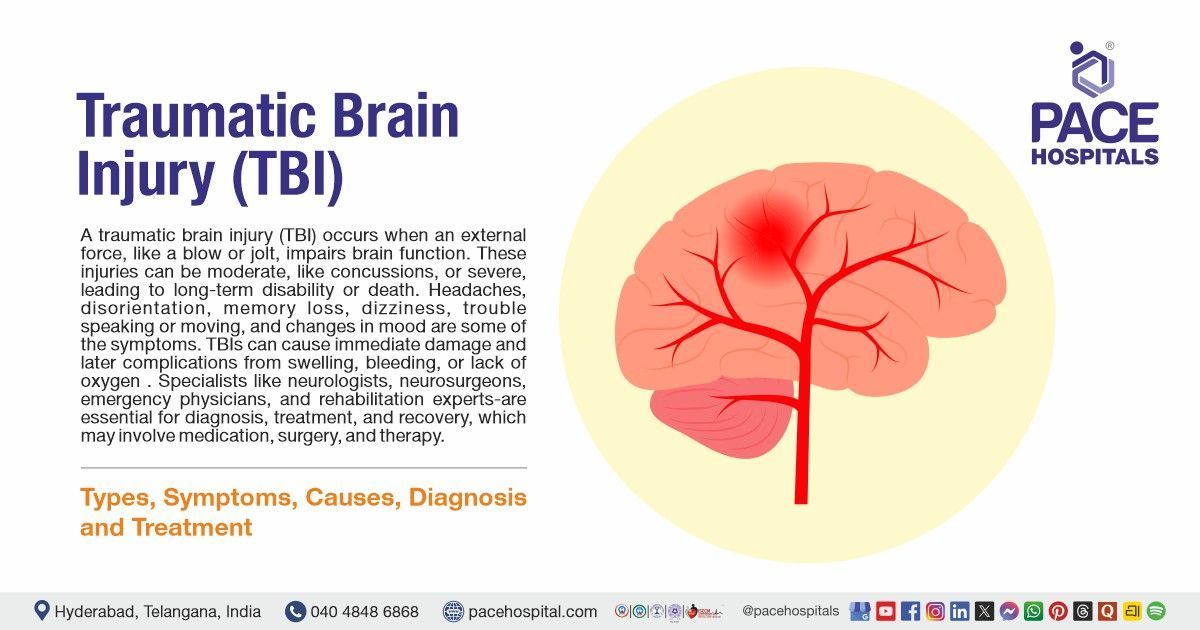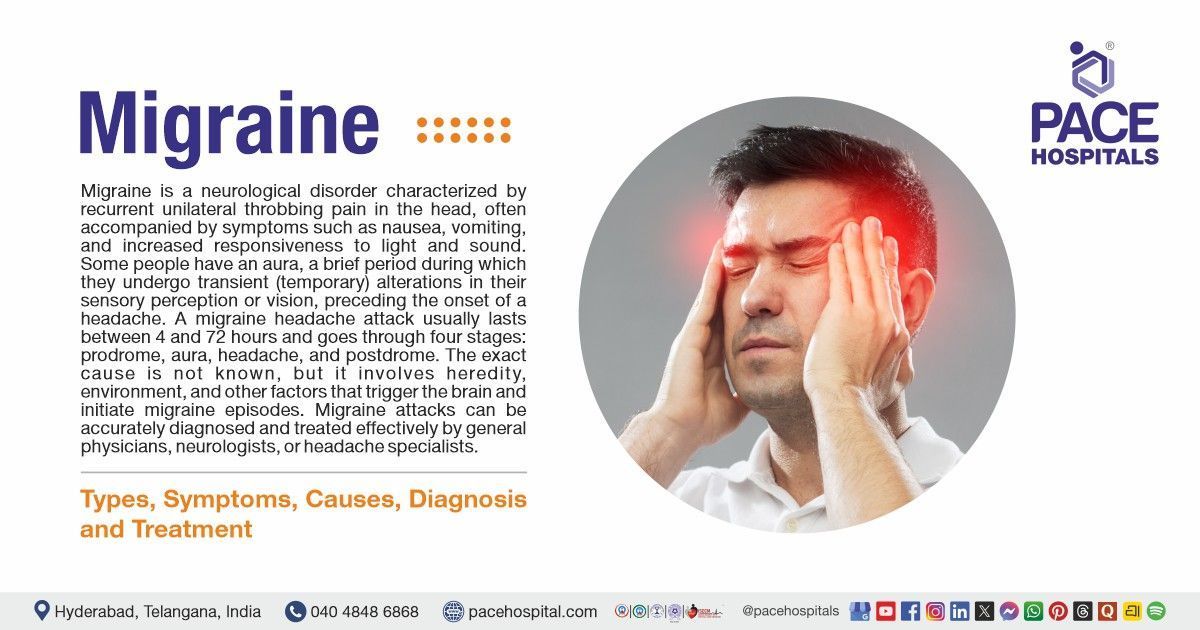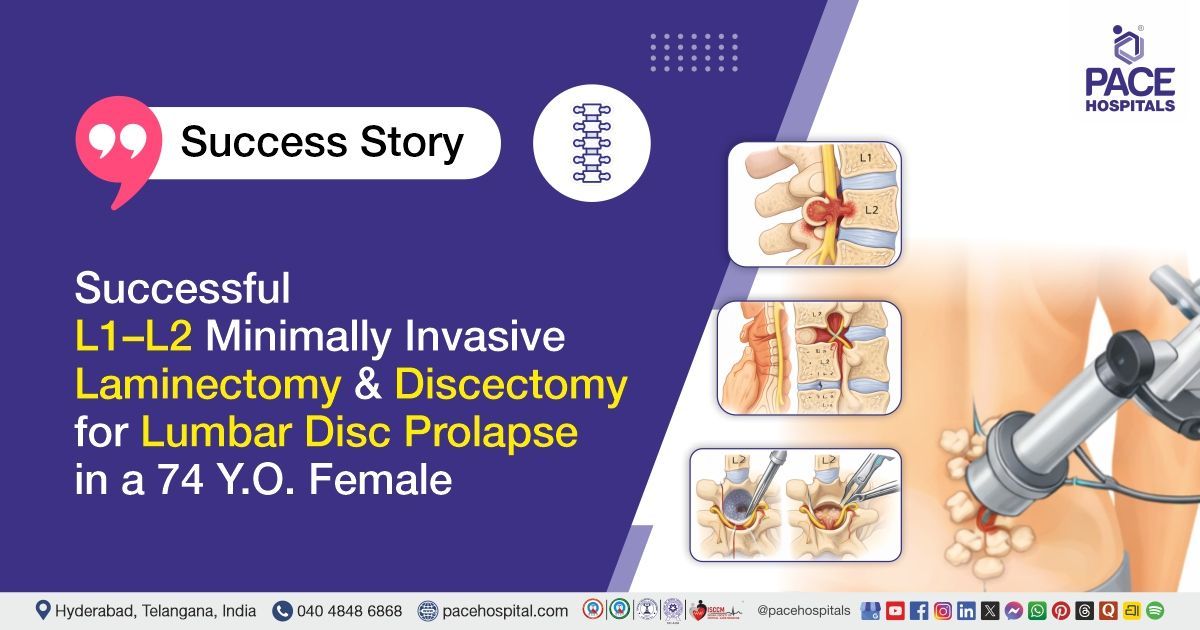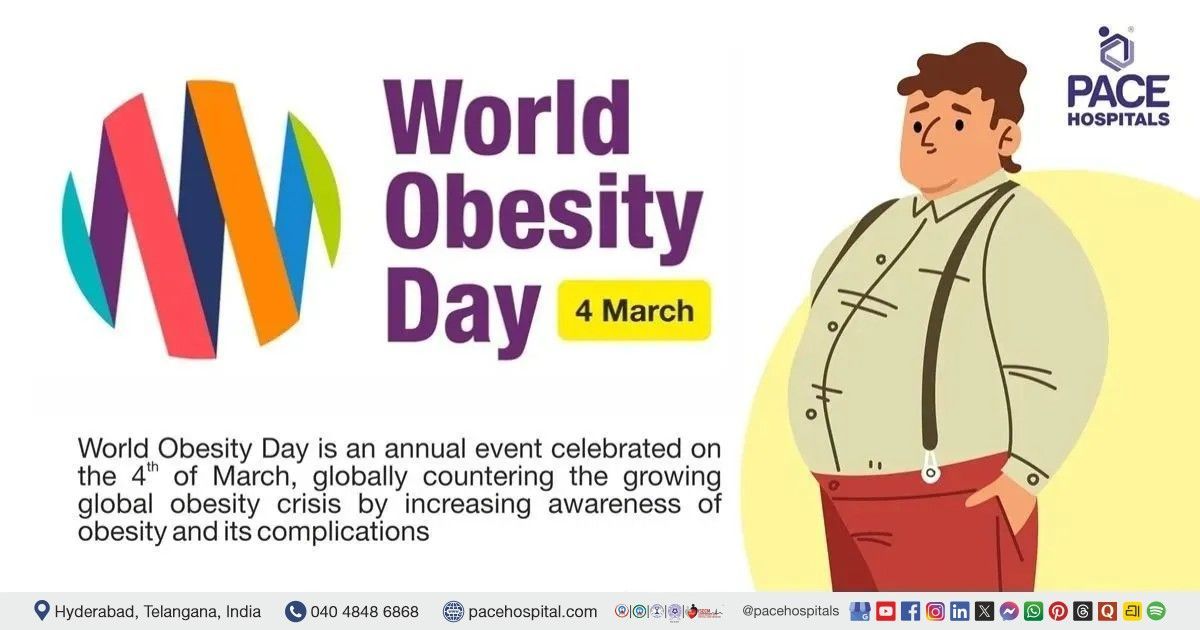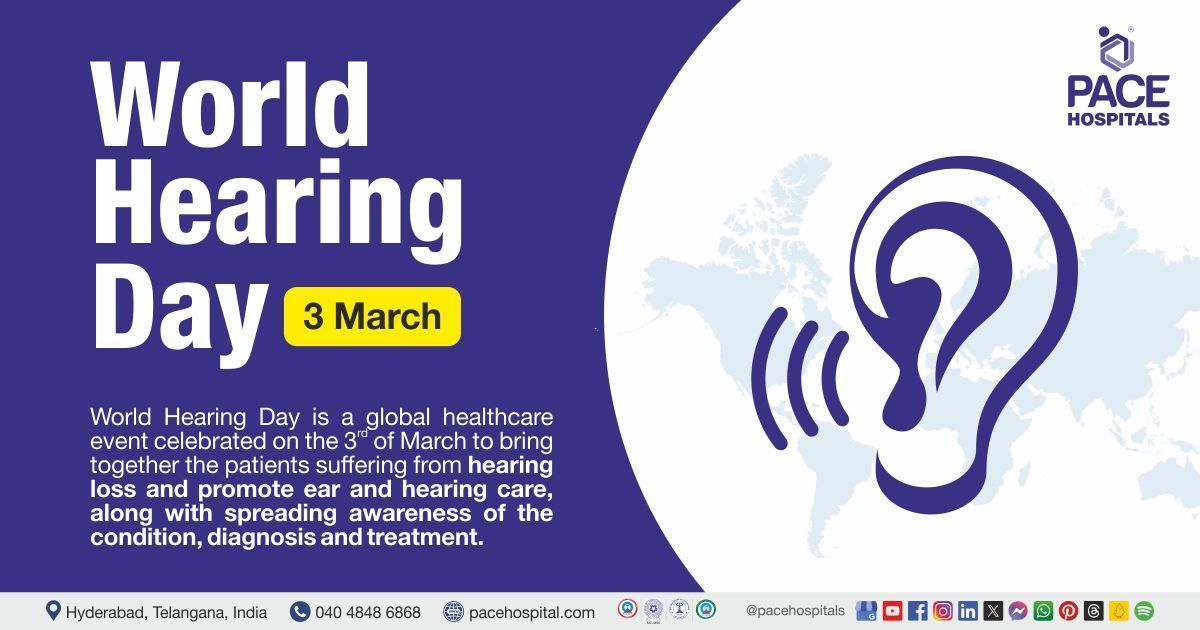Post COVID Complications, Long term effects of Coronavirus after recovery
PACE Hospitals
As per recent data, people infected with COVID-19 (coronavirus) may experience mild symptoms or completely asymptomatic. How long the coronavirus lasts in the body depends upon person to person, exposure to the virus and severity of infection.
As per WHO generally people will take an incubation period of 10 to 14 days to recover fully, and sometimes more. Mild to moderate case of COVID-19 will recover in about 14 days. Sometimes COVID-19 symptoms can remain for more than 20 days up to 45 days. Due to long term effect of coronavirus, patients can develop post-COVID complications.
Severe acute respiratory syndrome coronavirus 2 (SARS-CoV-2) can damage the lungs, brain, blood vessels, skin, nerves, kidney and heart, which increases the risk of long term health issues. However, the virus may remain in the body up to 3 months after diagnosis. This may mean some people get a second positive test result even after they recover, although this does not necessarily indicate the virus is still transmissible.
Live Session: Post-Covid Complications | Its Management and Treatment
Date: 24 July 2021 | Time: 2:30 pm to 3:30 pm
Watch the LIVE SESSION to understand the Post-Covid complications, long term effects of coronavirus after recovery and how to deal with it.
Topics and Speakers -
Introduction:
Dr Ramesh Parimi - Oncologist
Topic: Covid and Gut Microbiome
Speaker: Dr Markandeya - General Physician and Intensivist
Topic: Post Covid Lung
Speaker: Dr Predeep Kiran - Interventional Pulmonologist
Topic: Covid and Diabetes
Speaker: Dr. Somnath Gupta - General Physician, Diabetologist and Intensivist
Topic: Covid and Psychiatric illness
Speaker: Dr. K. Krishna Murthy - Psychiatrist
Topic: Covid and Intestinal Gangrene (Vascular Thrombosis)
Speaker: Dr. Suresh Kumar S - Surgical Gastroenterologist and Laparoscopic Surgeon
Moderator:
Dr M Sudhir - Gastroenterologist
What is Post Covid Syndrome or Long Covid?
Most people infected with COVID-19 infection get better within 10 days of illness. People when continue to experience mild symptoms post recovery called as Post Covid Syndrome or Long Covid, these people may experience post COVID conditions and also develop long-term complications that affect the organs.
Post COVID complications are a broad range of new, ongoing or returning health conditions, people can experience more than 28 days / 4 weeks after first being infected with the coronavirus.
Even asymptomatic people who did not have symptoms when they were infected can have post COVID complications. These complications can have different types and combinations of health problems for different lengths of time.
Who all are at the risk of post-COVID complications and can have long-term effects of coronavirus?
Elderly old age group people and people having serious medical conditions such as diabetes, immunodeficiency disorders, cancers or chronic diseases are at the risk of developing post COVID complications.
As per recent data even young person recovered from COVID-19 feeling healthy, post recovery can also have long term effects of coronavirus may experience symptoms for weeks to months after infection.
What are the causes of Post-COVID syndrome / long COVID?
Currently, researchers are not able to define the causes related to long term effects of coronavirus, as per recent report possible long covid causes identified in recovered from COVID-19 patients may include:
- Reduced or lack of response from the immune system
- Reinfection of the virus
- Multisystem inflammatory syndrome (MIS)
- Prolonged hospitalization due to severity
- Post-traumatic stress
As per recent data of SARS-CoV-2 survivors, 30-40% of who had secondary infections, survivors of acute COVID-19 infection may be at increased risk of infections with bacterial, fungal infections or other complications. However, these secondary infections do not explain the persistent and prolonged consequence of a previous infection in post-acute COVID-19.
What are post COVID long-term symptoms and complications?
Long Covid or Post Covid Syndrome having range of symptoms that can last 7 days to 28 days after first being infected with the coronavirus or can appear weeks after recovery. It can happen to anyone who recovered from COVID-19, completely asymptomatic or having mild, moderate, severe or critical symptoms.
Some common signs and symptoms of post covid complications observed after recovery that include:
- Body pain, Joints pain or headache
- High blood sugar (hyperglycemia)
- Fever
- Fatigue, Feeling of tiredness or lack of energy
- Loss of taste or smell
- Shortness of breath or difficulty breathing
- Coughing or Chest pain
- New onset diabetes
- Myalgia (muscle pain) for long period
- Inability to focus or difficulty thinking or a lack of mental clarity (brain fog)
- Rapid or fast heartbeat (heart palpitations)
- Insomnia, anxiety disorder or depression
- Dizziness or lightheaded when you stand up from sitting or lying down (orthostatic hypotension)
- Red bumps or rash on a flat, red patch of skin (maculopapular rash)
- Symptoms that get worse after mental or physical activities
Post-acute COVID-19 syndrome defined if people affected with COVID-19 infection and after recovery they may experience these severe complications apart from other post COVID symptoms, may include:
- Myocardial infarction (MI) - chest discomfort with or without dyspnea, nausea, and diaphoresis
- Chronic fatigue syndrome
- Deep vein thrombosis (DVT) - a blood clot in a deep vein
- Neurological symptoms - seizures, stroke, muscle weakness, tingling or numbness in the hands and feet
- Gastrointestinal (GI) symptoms - loss of appetite, nausea, vomiting, diarrhea, and abdominal pain or discomfort
- Pancreatitis
- Hemothorax - collection of blood in the space between the chest wall and the lung
- Pneumothorax - air leaks into the space between the lungs and chest wall
- Pulmonary fibrosis - progressive lung fibrosis due to respiratory infections
- Arthritis - swelling and tenderness of one or more of your joints
- Fungal infections like
mycormycosis, aspergillosis,
yellow fungus etc
SARS-CoV-2 can cause severe inflammation, which can trigger your immune system that reacts to an injury is by making your blood clotting system more active due to this other parts of the body affected by blood clots include the lungs, kidneys, liver, heart and legs. COVID-19 can also weaken blood vessels and cause them to leak, which contributes to potentially long-lasting problems with the liver and kidneys.
Many people who have recovered from COVID-19 may develop chronic fatigue syndrome, a complex disorder characterized by extreme fatigue that worsens with physical or mental activity, but doesn't improve with rest.
It's difficult to predict long-term effects of coronavirus, still researchers are trying to understand why the symptoms are lasting for long period in patients post recovery.
Long-term organ damage in COVID-19 (Multiorgan dysfunction)
Severe acute respiratory syndrome coronavirus 2 (SARS-CoV-2) infection triggers long-lasting changes in the immune system, it primarily affects the lungs. Conditions associated with long COVID-19 infection may be the result of injury to multiple organs, including the lungs, brain, blood vessels, skin, nerves, kidney and heart. This can be seen as metabolic, musculoskeletal, cardiovascular, and neurological complications secondary to the disease. Organ damage may increase the risk of long-term health issues. Organ damage may increase the risk of long-term health issues. As per recent data COVID-19 mainly affect these organs and body parts:
- Lungs - pneumonia associated with COVID-19 can cause long-term damage to the tiny branches of air tubes in the lungs, (alveoli) where the lungs and the blood exchange oxygen and carbon dioxide during the process of breathing in and breathing out. Scar tissue in the lungs can lead to long-term breathing problems.
- Heart – patients post COVID-19 recovery have shown irreversible tissue death of the heart muscle, even in people who experienced only mild COVID-19 symptoms. This may increase the risk of Myocardial infarction (MI) resulting heart failure or other heart related life-threatening complications in the future.
- Brain – there are many reports where young people with COVID-19 also experienced neurological symptoms include muscle weakness, tingling or numbness in the hands and feet, and can eventually cause paralysis (Guillain-Barré syndrome), dizziness, sudden blackout, confusion, delirium, seizures, stroke. COVID-19 may also increase the risk of developing Alzheimer's disease and Parkinson's disease.
- Kidney – patients affected with COVID-19 can develop sudden loss of kidney function, known as acute kidney injury. Dialysis may be necessary in severe cases, but this type of kidney damage can sometimes be reversed. People with CKD are at higher risk of developing a severe symptoms post COVID-19 recovery. So it’s important to take all the necessary precautions to prevent infection.
What are the warning signs post COVID recovery?
Some of the people may experience symptoms post recovery and persisting from 7 days to 28 days. We suggest all to watch out warning signs of post Covid conditions such as reappearance of fever, chest pain, continuous shortness of breath, trouble breathing, tiredness, muscles or joints pain and dizziness or blackout on standing.
Coronavirus can cause long-lasting damage to the immune system, which can affect organs and changes, particularly in the lungs may last for long, in this conditions post COVID care is very important to avoid further reinfection or complications.
Diagnosis of Post-COVID syndrome / Long COVID
If someone experiencing any symptoms post-COVID, not necessarily required to check again the positive results. To diagnose, the physician may require the complete medical history and previous covid treatment. Apart from checking temperature, blood pressure, pulse rate, SpO2 level and breathing function, physician may require these tests to check the severity of symptoms:
- Complete blood picture
- Serum electrolytes
- Kidney function test
- Liver function test
- C-reactive protein for inflammation level
- Troponin test of heart condition
- D-dimer, to check that no blood clots are present
- Serum ferritin to check iron levels
- ECG, Chest X-ray or CT Scan
- Complete urine examination
Long COVID / post COVID syndrome treatment
Long COVID / post-COVID syndrome is a new phenomenon, around 25 to 30% SARS-CoV-2 survivors reporting with new, ongoing or returning health conditions.
Apart from moderately or severely affected with SARS-CoV-2, people with mild symptoms and treated in home quarantine and recovered from COVID-19 can also have the long-term effects of COVID-19, that’s why everyone should continue to take steps to reduce the risk of getting infected.
During post covid care gross pulmonary changes observed in the patients, those who were having lingering symptoms after recovery. These pulmonary changes are involved in many areas of the lungs and will take time to heal.
The treatment goal is, depending upon the post COVID symptoms, and can be achieved through -
- Getting patient’s symptoms under control
- Identifying underlying health problems
- Slowly improving their ability to function
- Focussing on breathing exercises that boost immunity, lowers stress and anxiety, give relaxation, improve blood oxygen level, reduce stress levels in the body
- Improving healthy sleep habits through modification in behavior (avoiding mobile or TV before bed), practicing yoga, balanced diet and light meal before sleep
What are precautions to take post COVID recovery?
Due to infection immune system is compromised, it's advised to stay hydrated and drinking plenty of fluids, practice meditation and breathing exercises, consume healthy food, have adequate sleep, avoid alcohol and smoking.
People those whose recovered from COVID-19 and having co-morbidities like diabetes, hypertension, cardiovascular diseases, kidney disease, liver disease or other chronic medical conditions should immediately go back to their ongoing / pre-Covid medication. Get vaccinated after 45 days post recovery.
Many people, those who recovered from COVID-19 infection, may develop long-lasting medical conditions. It's very important for these people to follow-up with their primary care doctors to watch the organ functionality post recovery.
To help these people, specialized medical centers are coming up with post covid care support to overcome with persistent symptoms. If anyone is having any of the lingering symptoms should reach their primary care physician or request an appointment with our team for treatment and managing these symptoms through mental and physical rehabilitation.
Share on
Request an appointment
Fill in the appointment form or call us instantly to book a confirmed appointment with our super specialist at 04048486868

